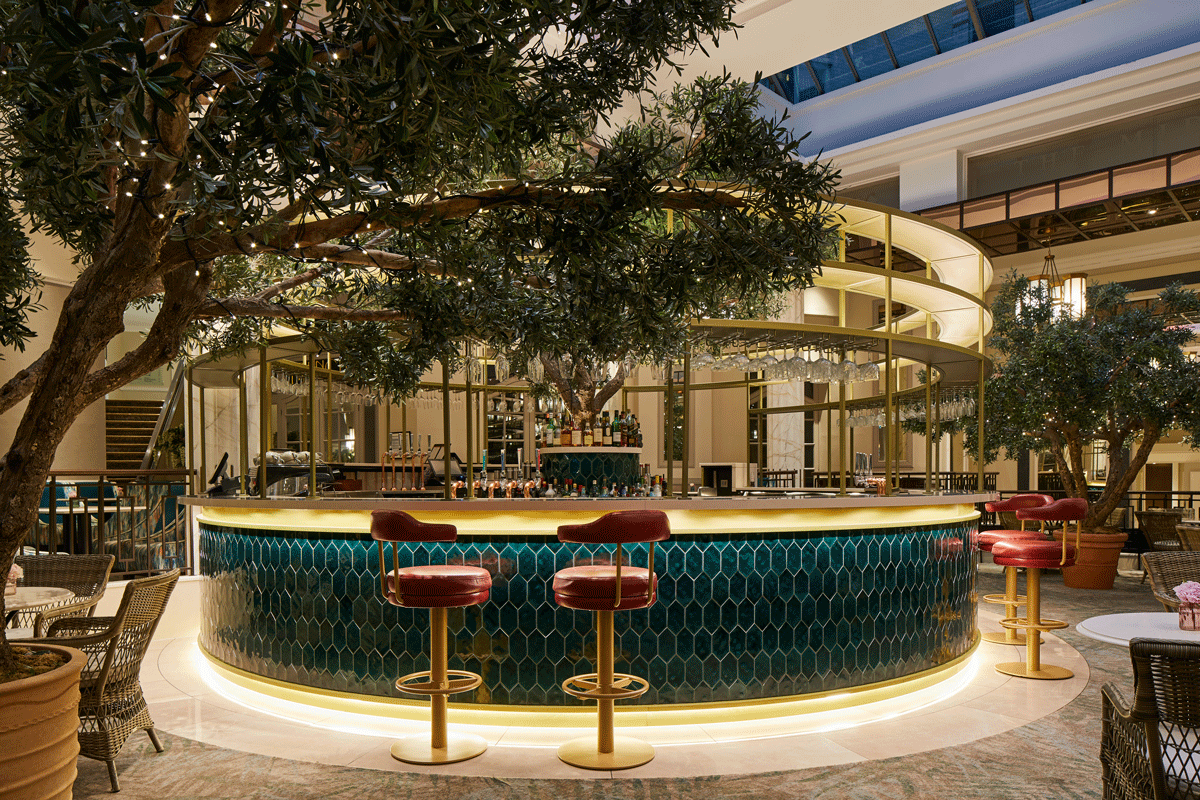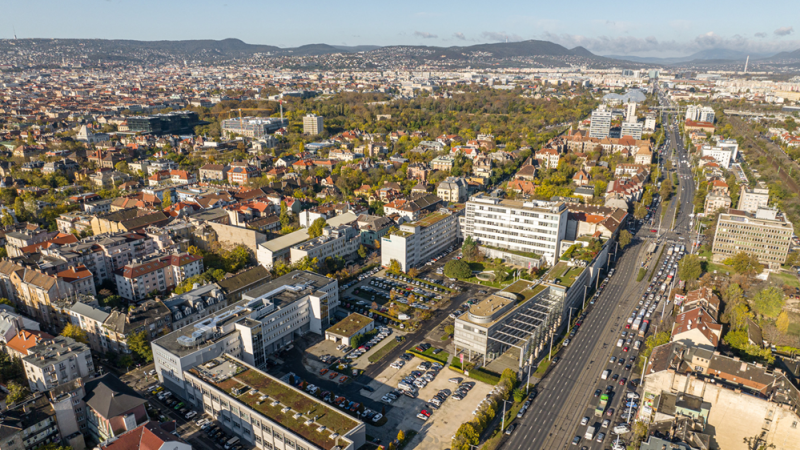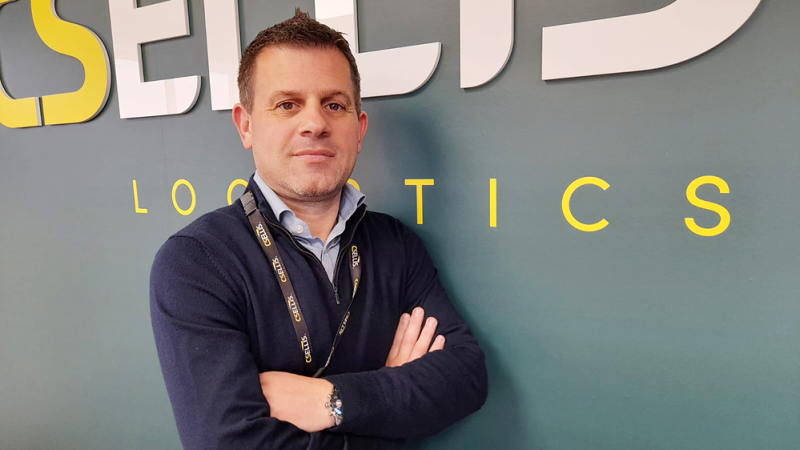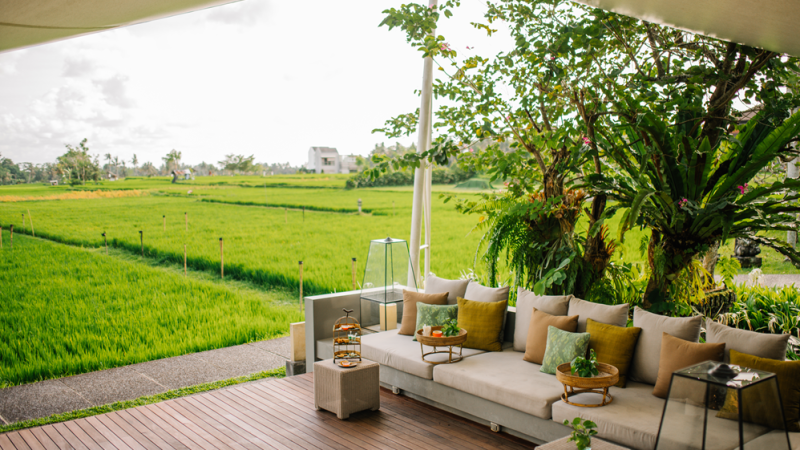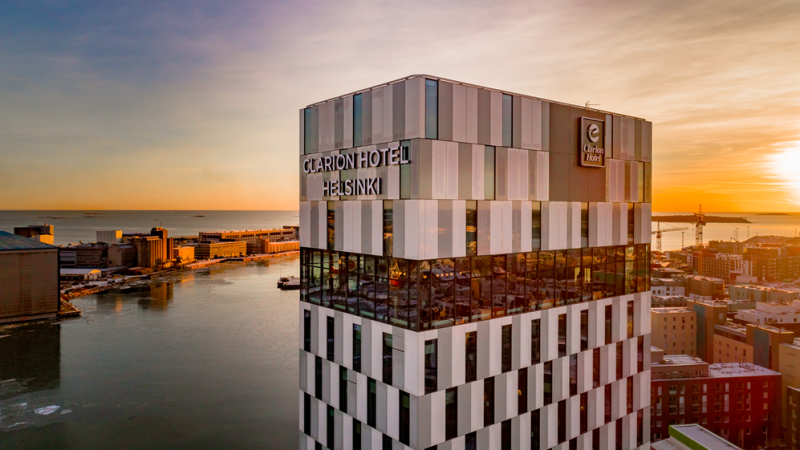It has been a year since we last talked to Leonardo Hotels, the company that started as one hotel in Israel in 1998 founded by David Fattal, then grew over the last 25 years to become a group of over 272 hotels. It has been a strong year for the company.
“We have seen quite a sprint of growth over the last year-and-a-half, not what you’d expect from the news,” says Ronen Nissenbaum, CEO Western Europe & US Development of Leonardo Hotels. “Under David Fattal’s leadership, we have been on a good trajectory. Most hotels did incredibly well over the summer across the entire industry, not just our hotels. We also saw record results for our Fourth Quarter of last year and new records in our First and Second Quarter of this year.”
The Expected Destination by Other Means
This is not to say that the industry is not still feeling the repercussions of an eventful few years, as Nissenbaum is the first to admit.
“There is no doubt we are still dealing with issues related to Covid and Brexit as well as energy costs which are still well ahead of 2019,” Nissenbaum says. “Labour issues have calmed down somewhat. In the beginning, it was incredibly difficult to find team members to replace those we lost during the Covid period, but in the UK and Ireland vacancies are slightly higher than normal whereas a year ago it was more difficult to find line-level team members.”
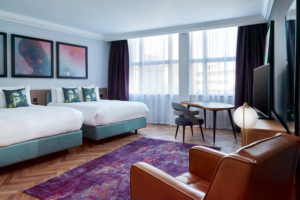 The hotel sector is still navigating the negative impact of inflation on the running costs of a hotel, but at the same time, hotel customers are also struggling to pay for food and bills and their mortgages, restricting disposable income that might otherwise be spent on holidays.
The hotel sector is still navigating the negative impact of inflation on the running costs of a hotel, but at the same time, hotel customers are also struggling to pay for food and bills and their mortgages, restricting disposable income that might otherwise be spent on holidays.
It is a complicated market, particularly from an international perspective. The markets in China and the rest of Asia are starting to recover, as are the markets across the Americas, which is compensating for a decline in the UK corporate and leisure demand. “Overall, the company saw record profits through Q1 & Q2, This was more than Leonardo Hotels saw in the pre-Covid year of 2019. We anticipate Q3 to be the same, unfortunately Q4 will be impacted by the recent atrocities in Israel.”
“There are so many issues in play that can affect the results,” Nissenbaum says. “The bottom line this year is better than it was in 2022. We are beating the numbers we anticipated, but we are getting there in a very different way from the one we expected. We are seeing higher costs, higher average daily rates, lower occupancies, higher REVPARs and lower F&B revenues. It may look like we’re geniuses in surpassing our very lofty targets, but honestly, we are achieving this differently from what we originally expected.”
Leonardo Hotels is on course towards a bottom line that is almost double what it was in 2019. David Fattal’s strategy for the Group has seen its growth continue a steady trajectory since our last interview. The Group currently has 50,000 hotel rooms, with 55 hotels in the UK and Ireland, including two very significant new properties that have been added since we last looked at Leonardo Hotels last year- the Meridian Piccadilly (or “the Dilly” as it is popularly known), and the Grand in Brighton.
“The Dilly will become our flagship- it has been under-invested in the past, but we intend to spend capital on the property to bring it back to its former glory,” Nissenbaum tells us. “In addition to that we are building and opening a new build in Dublin, the NYX Lifestyle Hotel, to open in three months.”
“It’s a great location in a great city that does incredibly well,” Nissenbaum says.
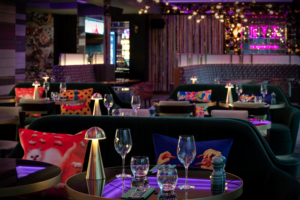 Planning for the Long Term
Planning for the Long Term
However, the timing of the development is surprising. If you know how long it takes to plan and build a hotel, you will realise that planning on the NYX Lifestyle in Dublin must have begun at the very peak of the pandemic.
“When you’re in the depth of the crisis, you don’t know how long it will last but as an experienced veteran, you also know that this is the best time to invest and renovate,” Nissenbaum points out. “You have to be incredibly careful about cash allocation, but when business is down, costs are down.”
This is the kind of long view that Leonardo Hotels has always lived and worked by under David Fattal’s leadership.
“If the leader of the company is a visionary, is exciting and empathetic, if you’ve got that kind of person leading the company, it’s a lot easier to move mountains, and David is that kind of person,” Nissenbaum insists. “We buy for the long run. We are looking at our choices on a two-or-three decades basis.”
Right now, the long-term perspective sees promising things for Leonardo Hotels. Nissenbaum points us to hotels the company is looking to acquire in Germany and Poland, as well as a recent purchase in Paris among the 19 venues the firm has purchased over the last 16 months.
“We are currently raising funds for the next acquisition cycle, and we are diligently working on a pipeline of potential hotels to that end.”
At the same time, Leonardo Hotels is remaining conscious of potential challenges, particularly concerning the interest rate environment.
“It is the cost of debt, not the availability of debt that is the issue,” Nissenbaum tells us. “As debt becomes more expensive what looked like a good deal two or three years ago no longer seems so appealing. Prices will have to come down for deals to get over the finish line.”
With those challenges, however, comes opportunities.
“Sellers are realising that where borrowing $100 million to buy a hotel used to cost $2 million, that debt now costs $7 to $8 million. That means a hotel turning over a profit of $4-5 million is now losing money,” Nissenbaum explains. “I think we are going to see distressed assets coming onto market not because they don’t make money but because they don’t deliver enough cash to pay for the cost of debt.”
Leonardo Hotels has gone from 240 to 272 hotels since we last spoke to them. The last thing Nissenbaum says to us is, “The next time we speak we expect to be at 300 properties.”
